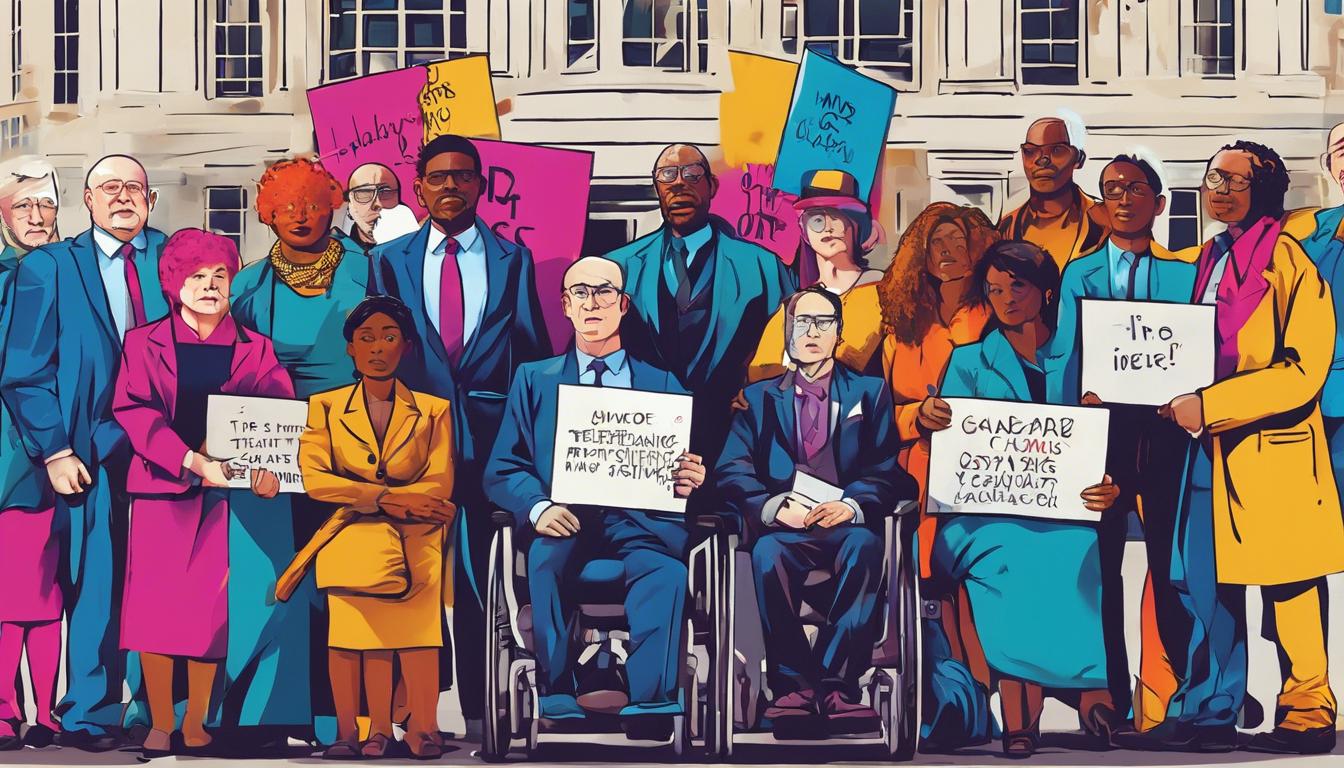The termination of the £100 million Work and Health Programme and plans to scale back disability benefits have sparked widespread criticism amid increasing health issues in the workforce.
The UK Government’s decision to terminate the £100 million Work and Health Programme, which aids disabled individuals in England and Wales in securing employment, has elicited substantial criticism. This move coincides with Prime Minister Rishi Sunak’s broader agenda to scale back disability benefits, aiming to incentivize hundreds of thousands of sick and disabled persons to enter the workforce. Amid this, concerns have also emerged over proposals allowing non-medically trained officials to make health status determinations for employees, potentially prioritizing target fulfillment over clinical necessity.
Critics, including numerous charities, argue that ending the Work and Health Programme could exacerbate financial difficulties for disabled individuals and diminish their support in obtaining jobs. This coincides with a report from the Office for National Statistics indicating a rising number of the working-age population exiting the job market due to health issues, highlighting increasing instances of chronic pain, type 2 diabetes, and mental health challenges. Factors such as an ageing population and delayed medical treatments are aggravating these health challenges, contributing to workforce reductions and economic strain.
These changes unfold against a backdrop of calls for greater governmental action to address health inequalities and the particular challenges faced by disabled persons in the workforce. Meanwhile, the Department for Work and Pensions points to its broader Back to Work Plan, which purportedly supports disabled individuals, though the exact commitment and effectiveness of this initiative in light of recent cutbacks remain unclear.













